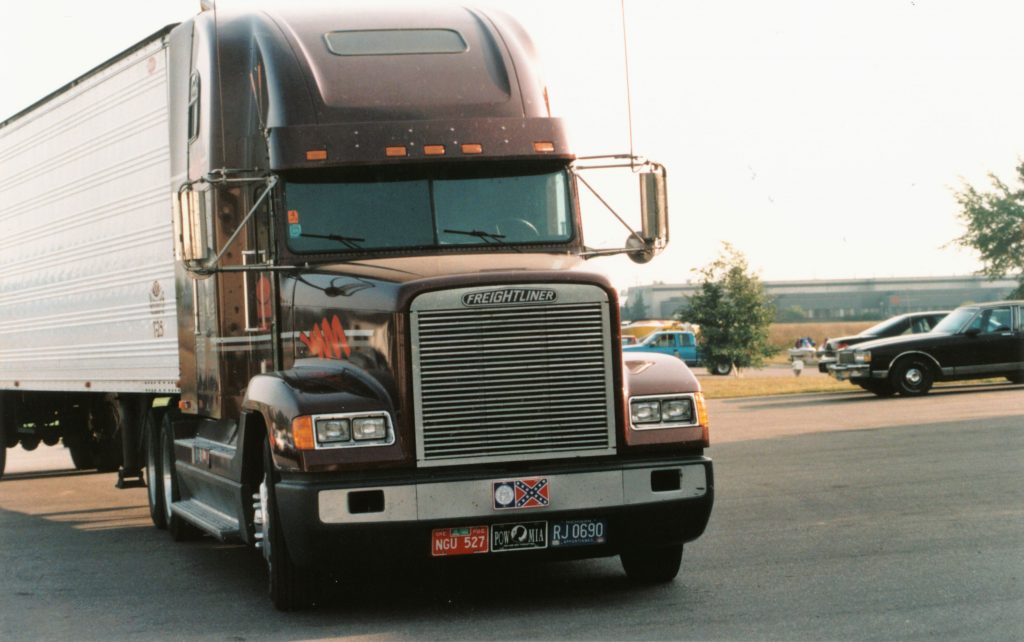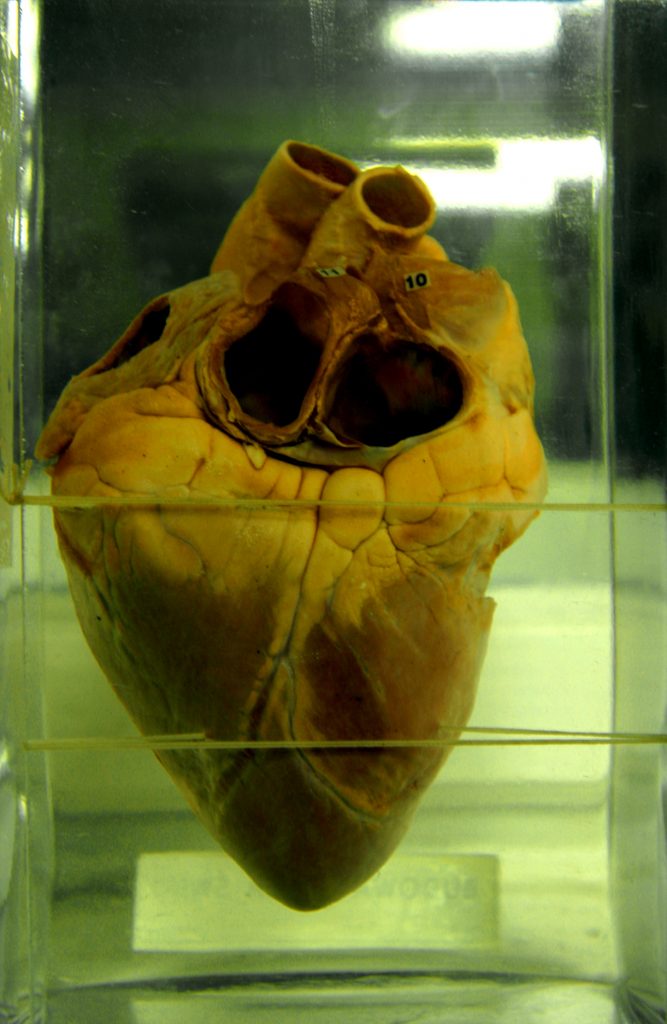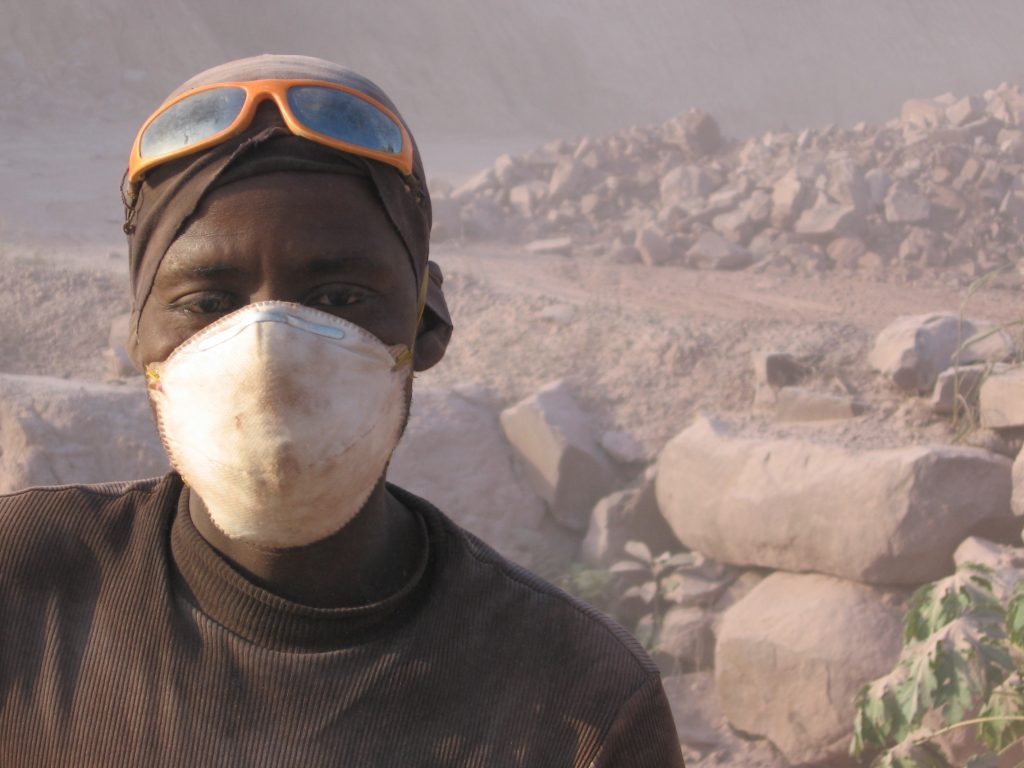
If you have been diagnosed with cancer or know someone who has been diagnosed with cancer, chances are you have heard of the drug Taxotere. The drug is manufactured and marketed by the company Sanofi-Aventis was first approved by the FDA in 1996. Sanofi-Aventis is a major pharmaceutical company based out of France that does business all over the world. The drug that they manufacture, Taxotere, is a popular drug used in chemotherapy across the United States. Specifically, it is utilized in the majority of breast cancer treatments, as well as other forms of cancer. Taxotere is administered intravenously and is meant to slow the cancer cell growth in patients. When Taxotere first became available, it was the go to treatment for women with breast cancer. Approximately 75% of breast cancer patients were prescribed Taxotere to fight the growth of the cancer. Chemotherapy is never a fun thing for anyone, but Taxotere made chemotherapy even harder on hundreds of thousands of women.
As you also may be aware of, chemotherapy and Taxotere are accompanied by some pretty detrimental side effects. Some common side effects include your typical nausea, vomiting, fatigue, pain, etc. Also, one of the most common side effects that is associated with chemotherapy is hair loss. Many chemotherapy patients will experience some sort of hair loss while being administered Taxotere. Although this is common in chemotherapy, Taxotere is associated with the permanent loss of hair without the ability to grow back post-chemotherapy. Usually in chemotherapy hair loss is not permanent, but rather temporary during the chemo and radiation treatment. However, many patients using Taxotere experienced permanent hair loss after being administered the drug.
This permanent hair loss is a very serious and unexpected result of the drug Taxotere. The condition of permanent hair loss as a result of Taxotere is referred to “alopecia.” Alopecia can have a severely adverse impact on the morale of the patient, as well as the patient’s families. Although Sanofi is a multinational company and marketed Taxotere in other countries with the warning of potential permanent hair loss, customers in the United States were not given this important warning. As a result, many patients were being administered Taxotere without their knowledge that they could be at risk for permanent loss of hair. In 2015, the FDA issued a warning statement that “cases of permanent alopecia have been reported” after being administered Taxotere. Before this FDA warning, Sanofi’s label in the United States indicated that a patient’s hair will generally grow back after completing the treatment. However, a great number of women in the United States have already felt the negative impact as a result of Taxotere not giving a clear warning of alopecia to consumers.
 Louisiana Personal Injury Lawyer Blog
Louisiana Personal Injury Lawyer Blog


 When a person is injured and left in a condition where they cannot handle their legal claims, their family may act on the incapacitated person’s behalf. If a family member is handling claims on behalf of the incapacitated, it is very important for them to find a good lawyer to help navigate the legal processes. The following appeal of a lawsuit arising out of New Orleans discusses what can occur when multiple lawsuits are filed as a result of disastrous injuries caused by an eighteen wheeler.
When a person is injured and left in a condition where they cannot handle their legal claims, their family may act on the incapacitated person’s behalf. If a family member is handling claims on behalf of the incapacitated, it is very important for them to find a good lawyer to help navigate the legal processes. The following appeal of a lawsuit arising out of New Orleans discusses what can occur when multiple lawsuits are filed as a result of disastrous injuries caused by an eighteen wheeler. Inferior vena cava (IVC) filters were designed and sold as a supposedly secure fallback to help avert pulmonary embolism for patients who for various medical reasons could not take blood thinners. Unfortunately for over the last ten years these filters have continuously been alleged to have been at fault for adverse conditions due to breaking of the filter. The best IVC filter lawyers have been pursuing these claims on behalf of their clients for several years now. While you can get a full run down of this litigation from a Louisiana IVC filter claim lawyer here,
Inferior vena cava (IVC) filters were designed and sold as a supposedly secure fallback to help avert pulmonary embolism for patients who for various medical reasons could not take blood thinners. Unfortunately for over the last ten years these filters have continuously been alleged to have been at fault for adverse conditions due to breaking of the filter. The best IVC filter lawyers have been pursuing these claims on behalf of their clients for several years now. While you can get a full run down of this litigation from a Louisiana IVC filter claim lawyer here, 
 In 2011 Peggy McCastle-Getwood was an employee at the K-Mart in Mandeville, Louisiana. On May 26, 2011 she arrived to work around 8:00 a.m. and went to the back of the store to place her belongings in the locker room. With a cup of coffee in her hand, Ms. McCastle headed back to the front of the store and slipped and fell.
In 2011 Peggy McCastle-Getwood was an employee at the K-Mart in Mandeville, Louisiana. On May 26, 2011 she arrived to work around 8:00 a.m. and went to the back of the store to place her belongings in the locker room. With a cup of coffee in her hand, Ms. McCastle headed back to the front of the store and slipped and fell.